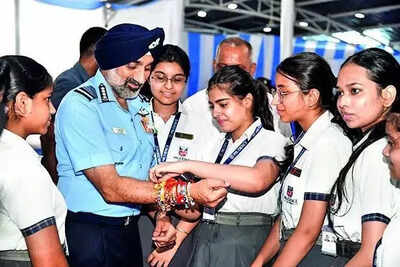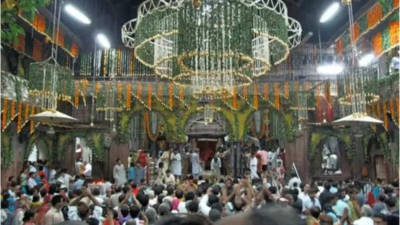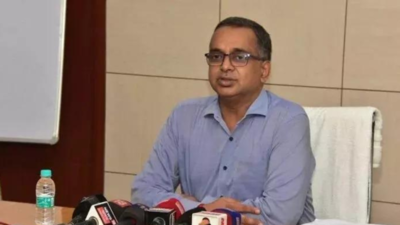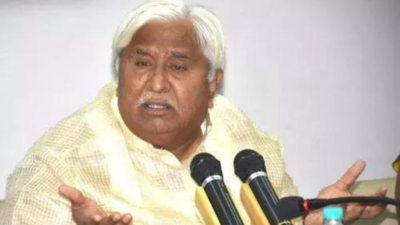Very clear political direction for Op Sindoor, no restrictions imposed on us: IAF chief | India News

NEW DELHI/BENGALURU: The govt did not impose any operational restrictions on the armed forces during the May 7-10 hostilities against Pakistan, Air Chief Marshal Amar Preet Singh said on Saturday, with the forces themselves deciding all the rules of engagement.“There was very clear political will, very clear directions that were given to us, and there were no kind of restrictions put on us,” the Indian Air Force chief said at the 16th Air Chief Marshal LM Katre memorial lecture in Bengaluru.“We, the armed forces, decided what will be the escalation ladder that we want to ride on. We decided how we want to control the escalation. So, I want to make it very clear, there were no restrictions on us,” the ACM added.

The remarks are significant since the opposition has attacked govt on Operation Sindoor by latching onto some remarks made by India’s defence attache to Indonesia, Captain Shiv Kumar, in a seminar there on June 29. He had said the IAF lost some fighters on May 7 because of the “constraint” given by the political leadership to target only the nine terror hubs and not attack Pakistan’s military establishments and air defences on that day.The IAF chief, however, said “full freedom was given to us to plan and execute” the strikes. “I must say that our attacks have been calibrated because we wanted to be mature about it,” he said.There was a lot of planning and discussion among the chief of defence staff General Anil Chauhan and the three Service chiefs, with national security advisor Ajit Doval also playing “a very big role” in getting all the forces and agencies together, ACM Singh said.After the Pahalgam terror massacre on April 22, it was decided the response could not be limited to the usual objectives. The aim this time was to strike not just the foot soldiers of terrorism, but the leadership infrastructure that sustained them, ACM Singh said.While seven targets close across the border were targeted by the Army, the IAF took on the main headquarters of the Lashkar-e-Taiba in Muridke and Jaish-e-Muhammed in Bahawalpur that were further away.The two headquarters were hardened, well-defended structures, with the long-range strikes aimed at leadership residences, other housing for operatives and the spaces used for congregations and training, with a strict emphasis on minimising civilian casualties.This time there was also emphasis on getting video and other footage of the “hits” on different targets. The absence of such evidence during the air strikes on the Jaish-e-Muhammed terror facility at Balakot in Feb 2019 had led some quarters to doubt the claims at that time. “So, I am very happy that this time we were able to take care of that ghost of Balakot,” ACM Singh said.





